London fears it will be EU’s next capital markets target
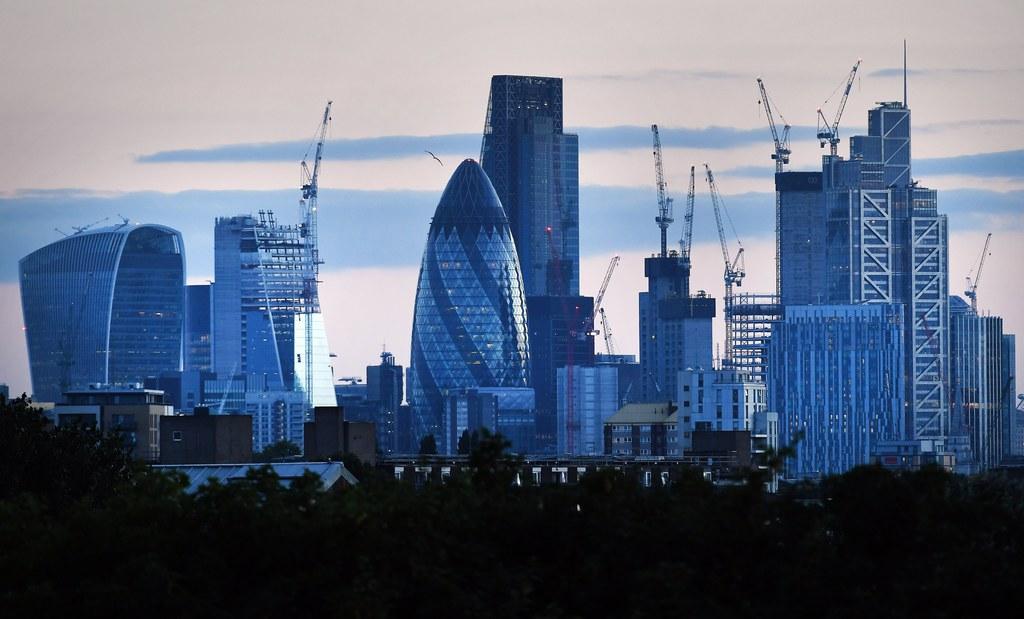
A diplomatic stand-off between Switzerland and the European Union that may leave Swiss capital markets as potential collateral damage has fanned concerns in London that a similar fate awaits Britain.
Switzerland’s Six Exchange recently decamped to a new modern-but-modest office in Zurich but behind the scenes its mood is anything but settled. Switzerland’s stock exchange faces the threat that the EU might be about to pull the plug on a large chunk of its business.
Six has been caught in a clash between Brussels and Bern over the affluent Alpine state’s future relationship with the EU. The stand-off could result in the Swiss exchange losing the EU’s “equivalence” status, which allows cross-border financial markets trading.
That has not escaped the attention of many in the City of London.
Alasdair Haynes, chief executive of Aquis Exchange, a London share trading venue affected by the uncertainty, said: “Everyone is looking to see how much flexibility there is with equivalence. The UK wants more flexibility, but I’m not sure Switzerland will be given it.”
With Brexit less than nine months away and forcing a rethink of the EU’s relations with “third countries”, Brussels wants to revamp the web of bilateral deals governing relations with Switzerland, which date from the early 1990s. But Bern has accused Brussels of “unacceptable” discrimination after it granted Six “equivalence” for just 12 months last December, given that other countries such as the US and Hong Kong had received unlimited recognition.
Some trading executives in London see any ruling as setting a precedent ahead of Brexit.
“This is political. The reason the Swiss haven’t been granted equivalence is it would read across to the UK,” said one trading executive who declined to be named. “It is a precursor to show that the EU has the power to repatriate securities trading to the EU.”
To critics, the Swiss experience underlines that equivalence decisions are political, easily revoked and cannot be used as the basis for a stable long-term relationship.
London’s market is even more dependent than Zurich on cross-border trading. Nearly three-fifths of trading in EU shares takes place in the UK capital, according to Esma, the European regulator.
Zurich is Europe’s fourth-largest hub for equities trading, behind London, Paris and Frankfurt, according to data from Cboe Global Markets Europe, and the Swiss exchange has about 10 per cent of the total equities market.
All 20 blue-chip stocks in Switzerland’s main index are actively traded in the EU. So far, Six says it is too early to assess the impact of December’s decision. However, insiders fear a hit if it is not clear soon whether “equivalence” will be extended beyond this year. Six wants clarity “quickly established,” said a spokesman.
If Brussels holds out, Bern has announced a contingency plan, which it will implement if an extension is not granted by December 1. That would see Switzerland no longer recognising EU trading venues. The outcome might avoid disaster for Six — at least initially — as EU traders would be forced to trade Swiss shares on its exchange.
But that option may not be available to Britain because UK shares are already traded in London. A market Balkanisation would send trading in EU shares from London back to the continent.

More
Financial Times
External linkSome, however are optimistic that a deal will maintain the status quo. They highlight European rules that mandate shares in the region can transact on any exchange in the world, provided Brussels accepts the legal framework as equivalent. Other rules also stipulate that investors get the best price for their shares.
Michael Thomas, a partner at Hogan Lovells, a London law firm, said keeping the status quo would provide companies with flexibility to raise capital. “It’s in the interests of a company to have their stock to go to a liquid market,” he added.
Keeping London in the current system after Brexit would leave a significant portion of trading in EU shares outside the bloc’s immediate jurisdiction. Many trading executives in London privately fear that is unlikely to be acceptable to the EU in the long term.
Another problem is that the current rules do not give Brussels extra oversight for EU listed shares trading in third countries on its doorstep, but sidestep less integrated markets such as the US and Australia. Last week Esma called for a review of the legislation, ostensibly to give itself more powers.
London’s pan-European share trading venues, such as CBOE Global Markets Europe, Turquoise, Aquis and Nomura-owned Instinet, have so far been quiet on plans to set up bases in the EU. Now these venues are looking at creating separate EU bases, and are likely to make decisions about location and jobs in coming months, according to executives.
As the Swiss are discovering, in the highly-politicised world of trade negotiations, good intentions can quickly evaporate. It’s a lesson that the City fears will soon be its fate.
© 2018 The Financial Times Ltd. Originally published at : FT.comExternal link

In compliance with the JTI standards
More: SWI swissinfo.ch certified by the Journalism Trust Initiative
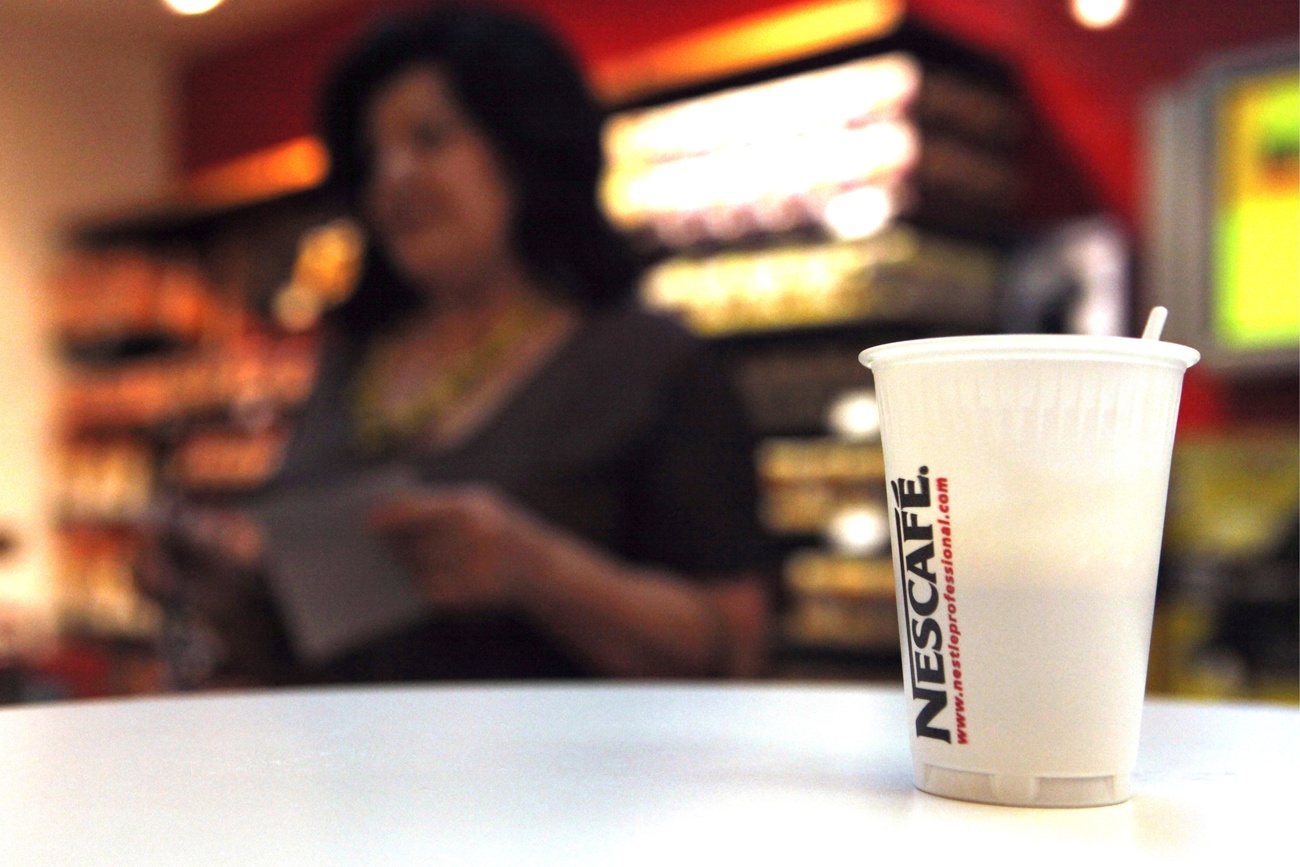






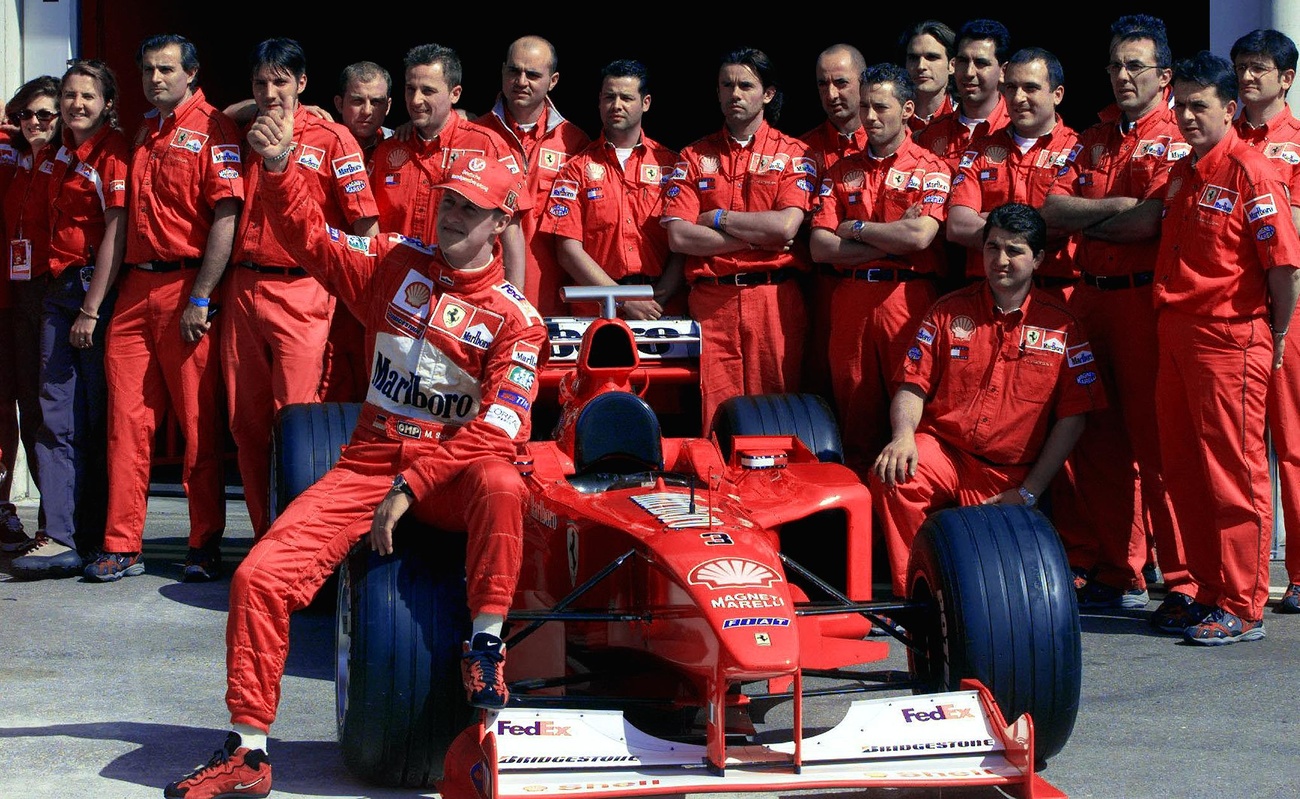



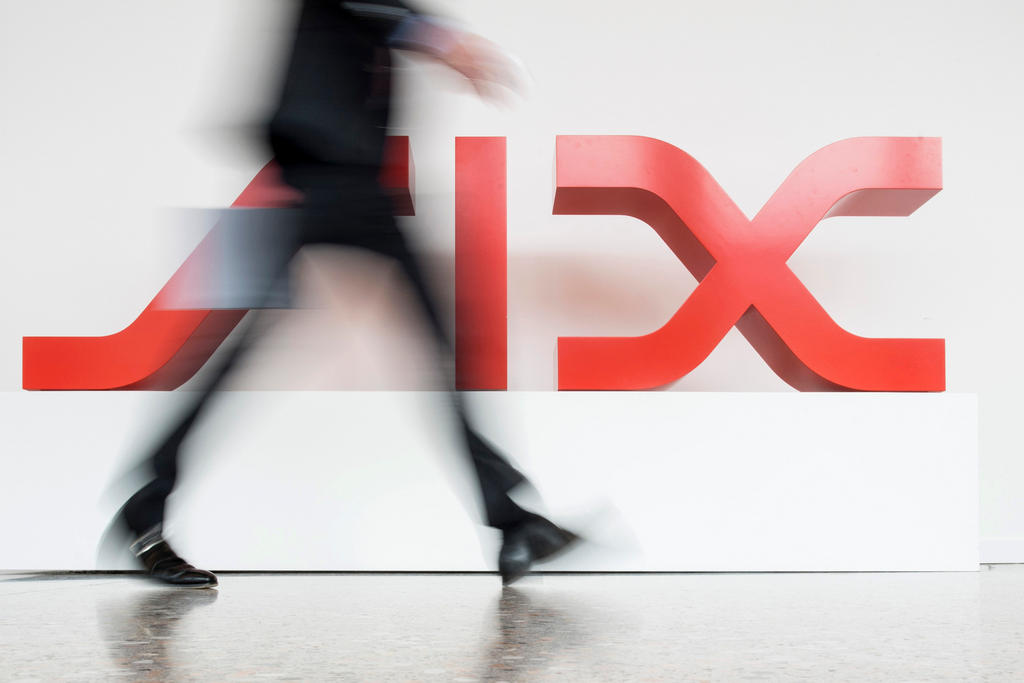
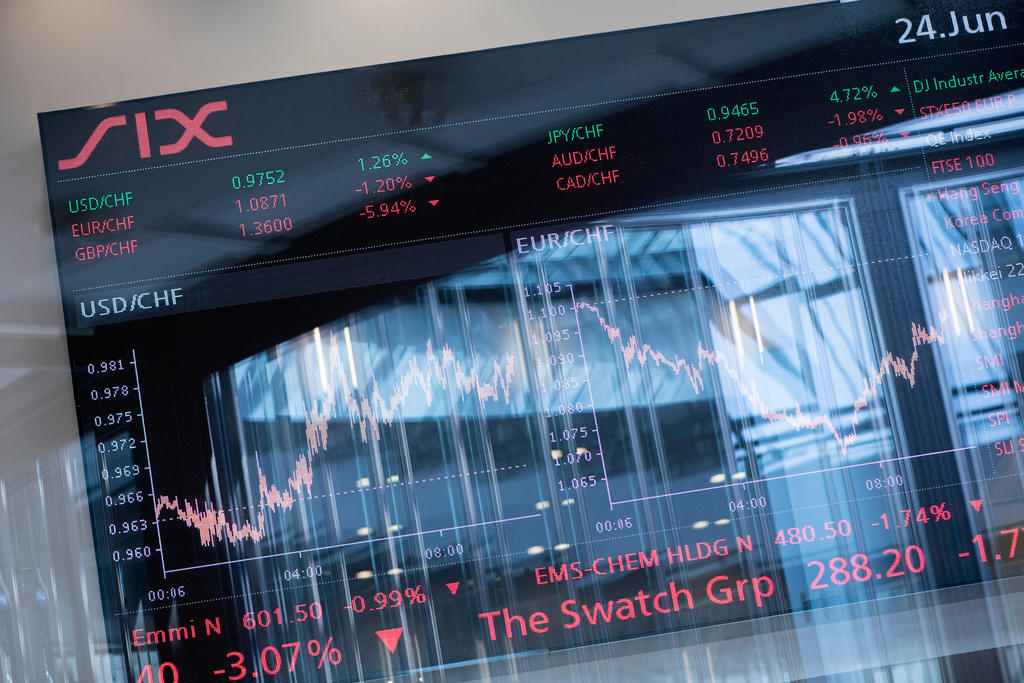
You can find an overview of ongoing debates with our journalists here . Please join us!
If you want to start a conversation about a topic raised in this article or want to report factual errors, email us at english@swissinfo.ch.